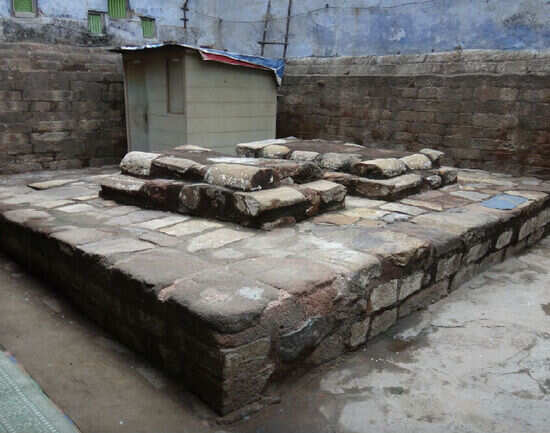

Razia and her husband Altunia were defeated and murdered near Kaithal. In the meanwhile, Razia’s brother Bahram had been raised to the throne. Razia, finding no way of her rescue, married Altunia. On the way, Yakut was murdered by Turk soldiers and Razia was imprisoned. Razia accompanied by Yakut marched against Altunia. However, the most serious was that of Altunia, the governor of Bhatinda. Several governors revolted against Razia. Sixthly, the situation was further worsened by the orthodox Muslim clergies. So they were able to gather round them several disgruntled elements. This provided a good deal of ammunition to the Turkish chiefs who were already against her.įifthly, Razia’s brothers considered her usurper of the throne. Thirdly in place of winning favour of her opponent chiefs, she adopted retaliatory measures which annoyed them all the more.įourthly, Razia began to shower several favours to an Abyssinian slave Yakut. In fact this practice was far ahead of the times. Lane-poole states that nothing would convince the Turkish chiefs that they should be led by a woman.

Perhaps it was the first case in the Islamic history under a monarchical form of government.

This made many Turkish Chiefs against her as they considered it a great humiliation to work under a woman. Secondly, Razia’s becoming Sultana was against the traditions of Islam.


 0 kommentar(er)
0 kommentar(er)
